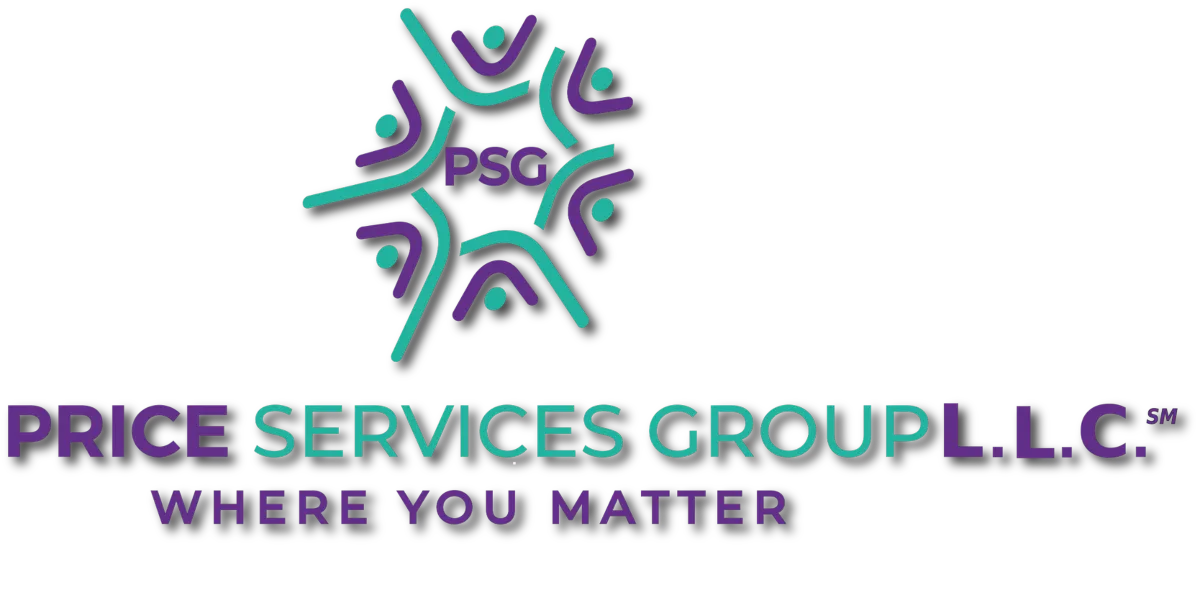Solutions You
Can Count On.

No Cost Consulation
Our consultation is free of charge as we
guide you through the options to what
suits you best. Click below to schedule a
talk with a licensed agent.

Discover & Strategy
With a few simple questions, we can help determine where you are financially exposed or if the plan you have is the proper fit for your situation.

Facilitating the Process
We pride ourselves in being knowledgeable from start to finish. After you discover what direction you want to go, we help facilitate to introduction to the carriers you choose.
100% Telephonic Consultations -
Times are changing and we have been helping our clients 100% by phone since 2008. Our goal is to help you on your time at your convenience. We also offer video call consultations if you prefer to see our awesome faces
Services We Provide
Medicare Supplements
This is a popular option to supplement your Original Medicare Part A and Part B. To learn more simply click below.
Medicare Advantage
An alternative to Original Medicare, these plans are typically HMO and PPO plans with network providers.
Prescription Drug Plans
Prescription Drug plans are a requirement by CMS in order to help with the cost of prescriptions.
Final Expenses
Nobody likes to plan for this, but it’s an act of love when we do. This is a benefit that you give to the people you love once you’re gone.
Long Term Care
What you do now affects your future. Why not take care of future you by making sure you have care options for long-term care?
Financial Planning
It's enough to protect your life and health; we want to ensure your financial security and protect your assets for years to come.
Social Security Analysis
Social Security does not need to be over-complicated. We are here to help you understand when to claim your Social Security benefits.
Health Insurance
Your health is essential. Let’s make sure that you are covered (and your family if you have one). This should be one less thing to worry about.

Final Expenses
Nobody likes to plan for this but it is an act of love when we do. This is a benefit that you give to the people you love once you are gone. Learn more below.

Hospital Indemnity Plans
When you have a plan that is full of co-pays and co-insurance, a Hospital Indemnity plan can help alleviate many of those costs.

Dental Plans
One of the most sought after plans is Dental insurance. We have a variety of plans to review
to see which is best for you and your needs.

Dental Plans
One of the most sought after plans is Dental insurance. We have a variety of plans to review
to see which is best for you and your needs.

Hearing Plans
Many of our clients came to us with a need to have benefits for hearing aids and exams. We have options to help with this benefit.

Health Insurance
Your health is essential. Let's make sure that you are covered (and your family if you have one). This should be one less thing to worry about.

Social Security Analysis
Social Security does not need to be over complicated. We are here to help you understand when to claim your Social Security.

Vision Plans
Many plans have little or no coverage when it comes to prescription eye wear and exams.
We can help find a plan that is right for you.

Financial Planning
It's not enough to protect your life and health, you also need to consider protecting your nest egg as it needs to last you for years to come.

Medicare Supplements
This is a popular option to supplement your Original Medicare Part A and Part B.
To learn more simply click below.

Medicare Advantage
An alternative to Original Medicare,
these plans are typically HMO and
PPO plans with network providers.

Prescription Drug Plans
Prescription Drug plans are a requirement by CMS in order to help with the cost of prescriptions.

Long Term Care
What you do now affects future you. Why not take care of future you by making sure you have care option because will not pay for long term care.
Why Clients Choose Us
We’d love to help you navigate through the stresses of insurance and help make it an easy choice.
Reach out to us and tell us about your current situation.

986
Satisfied Customers

2036
Successful Enrollments

24%
Average Savings

100%
Guaranteed Results
What Our Clients Say
About Us
Do you need a Consultation?
We can give you lots of advantages, from which you will surely benefit.
Follow Us On Social Media!
Another Great Way To Stay Connected
We love it when our clients follow us on social media. This is another great way to stay in touch and give updates on things going on in the market that can affect you. We also love sharing articles about health, life and finances. Click below to access our social media platforms.
Do You Want To Review Plans Now?
No problem, just fill out our short form below:

Phone: 866-648-1578
Email: info@priceservicesgroup.com
We do not offer every plan available in your area. Any information we provide is limited to those plans we do offer in your area. Please contact Medicare.gov or 1-800 MEDICARE to get information on all of your options.
Price Services Group, L.L.C. Copyright 2018-2026 -- All Rights Reserved --





